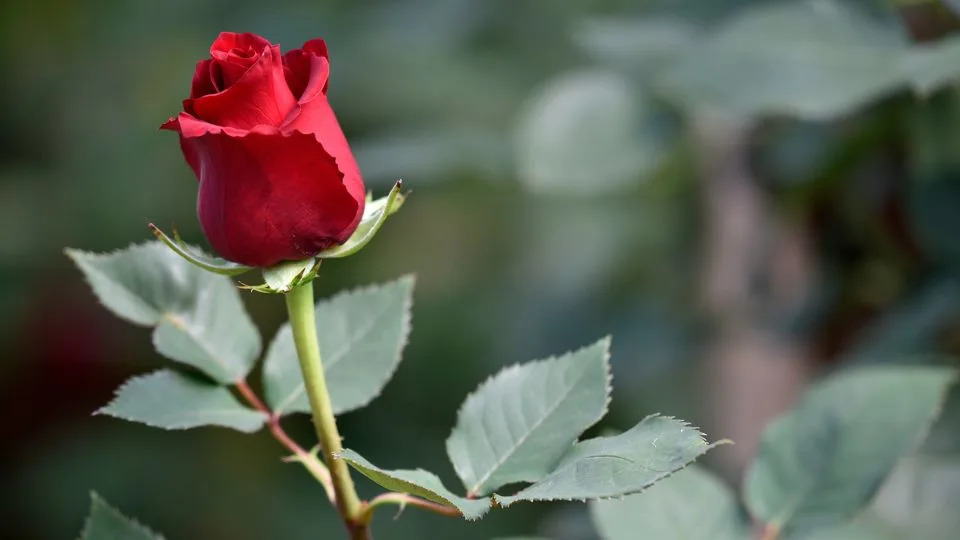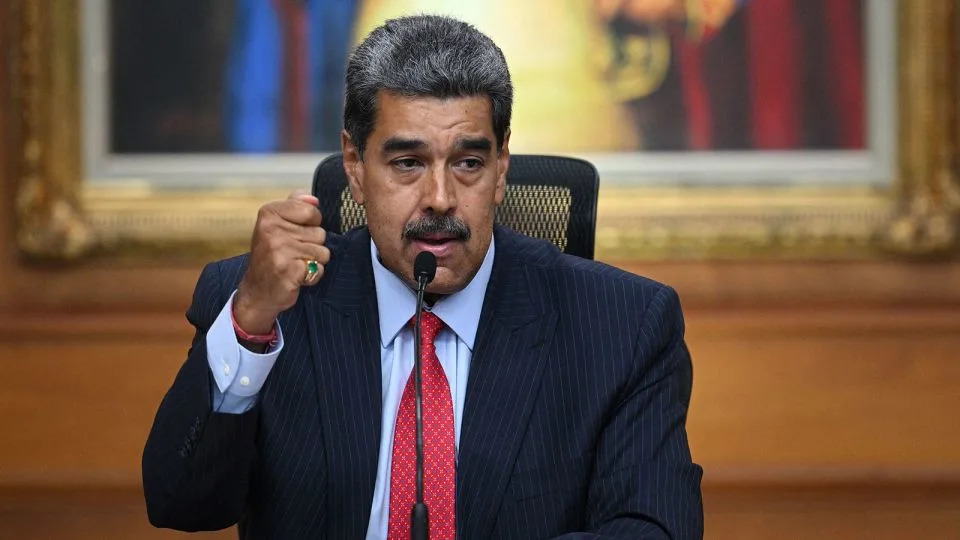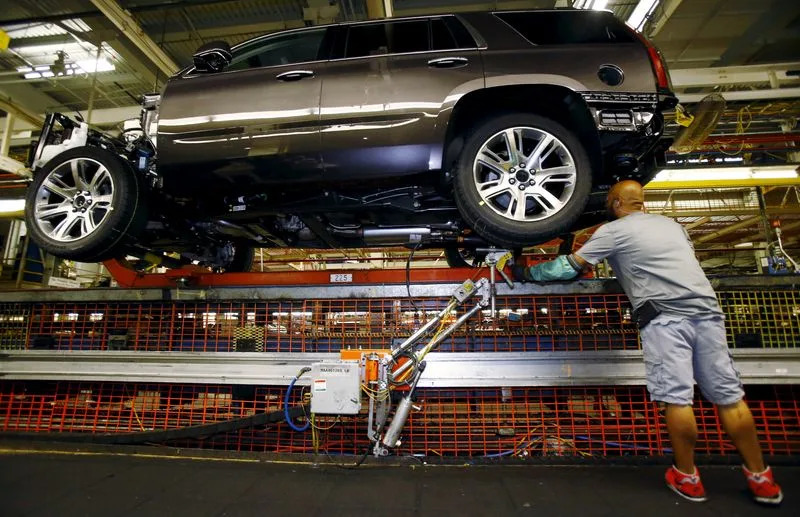Anna Chernova and Radina Gigova, CNN
Fri, August 2, 2024 at 9:18 AM MDT·3 min read
945

The children of two Russian intelligence agents, who were among the detainees released as part of a historic prisoner swap, only discovered their nationality when they were being flown to Moscow, the Kremlin said Friday.
Their parents, Artem Dultsev and Anna Dultseva, were among 24 prisoners swapped as part of a complex, multi-country deal that saw high-profile American detainees and Russian dissidents freed in return.
The pair had been posing as an Argentine couple in Slovenia where they were convicted of spying. Their two children flew back with them on Thursday from Turkey.
The boy and girl “found out that they were Russian only when the plane took off from Ankara,” Kremlin spokesman Dmitry Peskov told journalists.
Russian President Vladimir Putin greeted them on the tarmac in Spanish as they didn’t speak Russian and didn’t even know who Putin was, according to Peskov.
“When the children came down the plane’s steps – they don’t speak Russian – and Putin greeted them in Spanish, he said ‘Buenas noches,’” Peskov said. “They asked their parents yesterday who it was that was meeting them, they didn’t even know who Putin was.”
After coming down the plane’s stairs, Dultseva, holding her tears, hugged Putin, who was standing on the red carpet rolled on the tarmac holding bouquets of flowers. Putin kissed Dultseva on the cheek and shoulder, and gave her and her daughter bouquets.
Putin briefly hugged Dultsev too and then the rest of the released Russians, before the group walked together on the red carpet away from the plane.
Thursday’s massive swap was the result of years of complicated behind-the-scenes negotiations involving the US, Russia, Belarus and Germany, ultimately leading Berlin to agree to Moscow’s key demand – releasing convicted Russian assassin Vadim Krasikov.
A total of eight people, including Krasikov, were swapped back to Russia in exchange for the release of 16 people who were held in Russian detention, including former US Marine Paul Whelan, Wall Street Journal reporter Evan Gershkovich and two other Americans.
Dultsev and Dultseva pleaded guilty to espionage in a court in Ljubljana on Wednesday and were sentenced to serve time in prison.
While living undercover in Slovenia, Dultsev posed as an IT businessman named Ludvig Gisch. After pleading guilty, he was sentenced to more than a year and a half in prison, which the court said was equivalent to time spent. He was set to be deported to Russia and was banned from entering Slovenia for five years.
Dultseva posed as an art dealer and gallery owner and went by the name Maria Rosa Mayer Munos. She was also set to be deported.
During the call with journalists, Peskov also revealed some additional details of prisoner exchange negotiations between Russia and the United States, saying that they were primarily conducted through the FSB and the CIA.
When asked about other Russians detained abroad, Peskov said that “the fate of all our Russians who are held in custody abroad, in the United States, is a matter of constant concern for all our relevant agencies, which will continue the relevant work.”
CNN’s Jennifer Hansler, Kylie Atwood and Ivana Kottasová contributed reporting.











